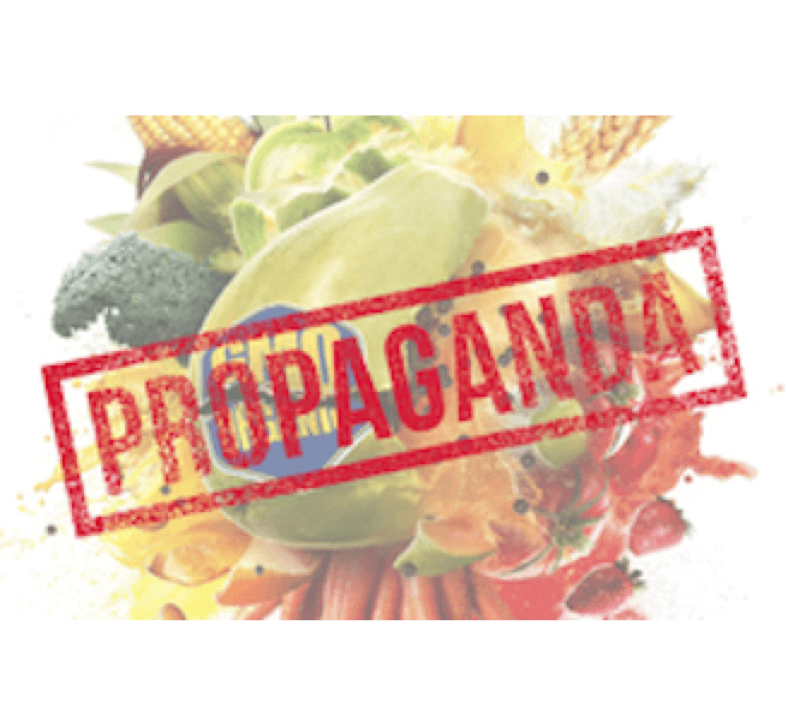[Terrance Bradshaw is the director of the University of Vermont’s Apple and Grape Program and Horticulture Research and Education Center. He has a PhD in plant and soil science.]
There is a whole genre of “Food and Farm Films” that has emerged in the current millennium, and many of the most popular ones, e.g., Food, Inc., The Future of Food, GMO OMG, Genetic Roulette, etc., are indeed extremely one-sided and in some cases blatant propaganda against modern agricultural systems, especially the use of biotechnology in agriculture. Much of the debate around GM crop technology is indeed fueled by well-financed, private companies and activist groups that have funded biased research and promoted media that stretch the lines of clear and logical reporting. Food Evolution is the first, or at least to my knowledge the most high-profile, documentary that reports from the pro-science side of the debate, which is so often misrepresented in the public media around GE crops.
…
[I]n the response to the film [from 45 academics], I see numerous ad-hominem attacks, as well as several statements that simply state that the film does not agree with the authors’ beliefs and therefore should be rejected as propaganda.…
Members of The 45 include past and present colleagues, classmates, and teachers of mine, and I’ll happily engage them on these issues and ask that they consider sources contrary to their viewpoints, including Food Evolution, in framing their discussions. I still think documentaries make lousy sources for objective information, but they do present opportunities for discussion, and I encourage people from all sides to participate constructively as this conversation unfolds.
The GLP aggregated and excerpted this blog/article to reflect the diversity of news, opinion, and analysis. Read full, original post: Food Evolution, criticism, and retrenchment: Missed opportunities for discussion































